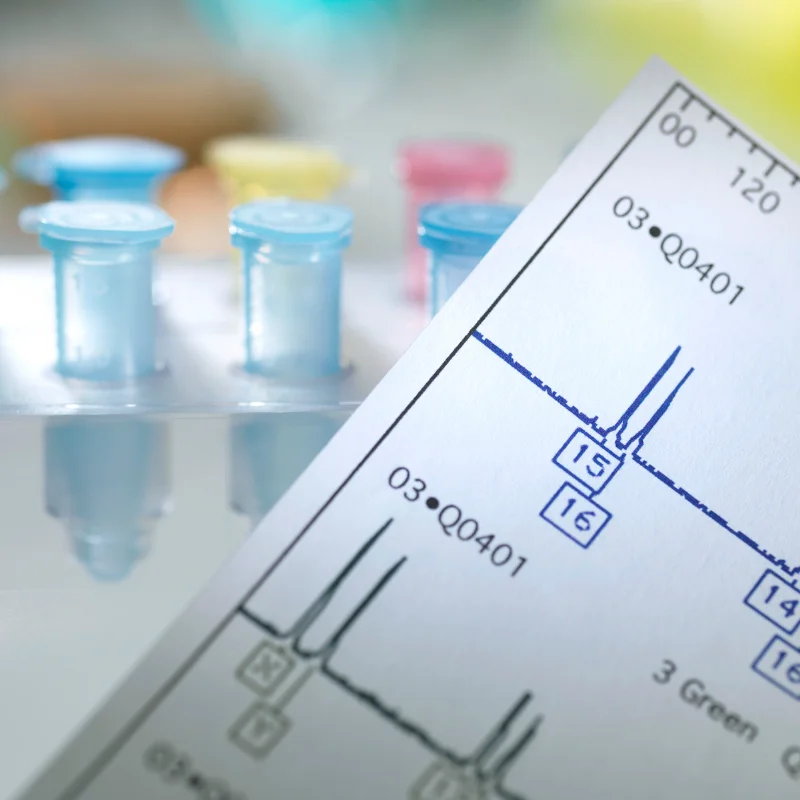Pre-Implantation Genetic Testing (PGT)
Pre-Implantation Genetic Testing (PGT) is a type of genetic test performed during IVF to screen embryos for genetic disorders or chromosomal abnormalities before they are transferred to the uterus.

PGT involves taking a small biopsy of cells from an embryo and testing them for genetic abnormalities using techniques such as array comparative genomic hybridization (aCGH) or next-generation sequencing (NGS). By selecting embryos that are chromosomally normal, PGT can increase the chances of a successful pregnancy and reduce the risk of miscarriage or genetic disorders. PGT can also be used for gender selection or to match embryos for HLA compatibility.
Why (PGT)?
PGT is done to identify embryos that are chromosomally normal and free from genetic disorders or abnormalities before they are transferred to the uterus during an IVF cycle. By selecting healthy embryos, PGT can increase the chances of a successful pregnancy and reduce the risk of miscarriage or genetic disorders. PGT can also be used for gender selection or to match embryos for HLA compatibility. It’s important to note that PGT is not a guarantee of a healthy pregnancy, but it can provide valuable information to help guide medical decision-making and improve outcomes.



